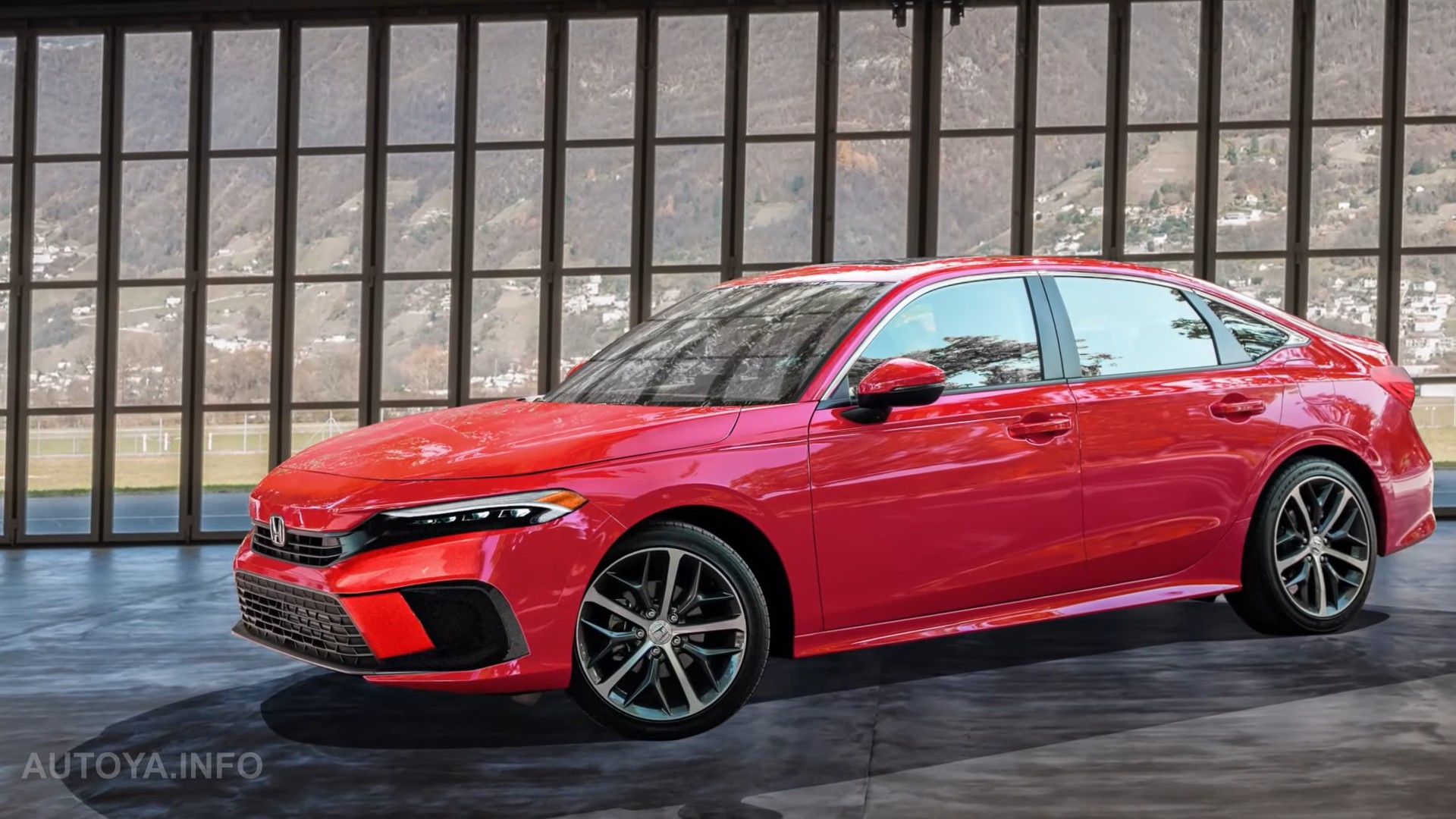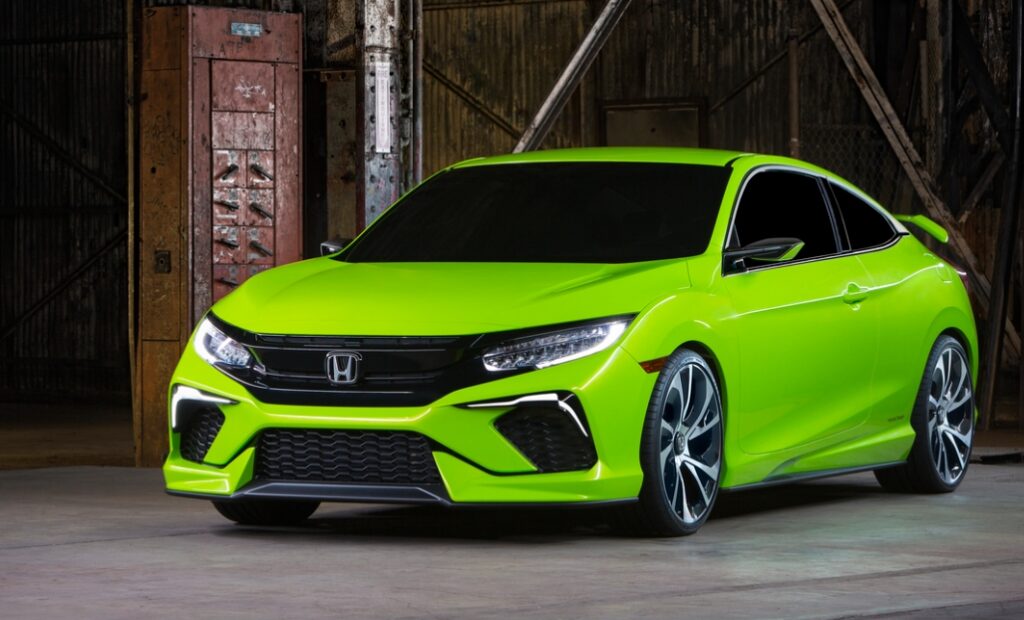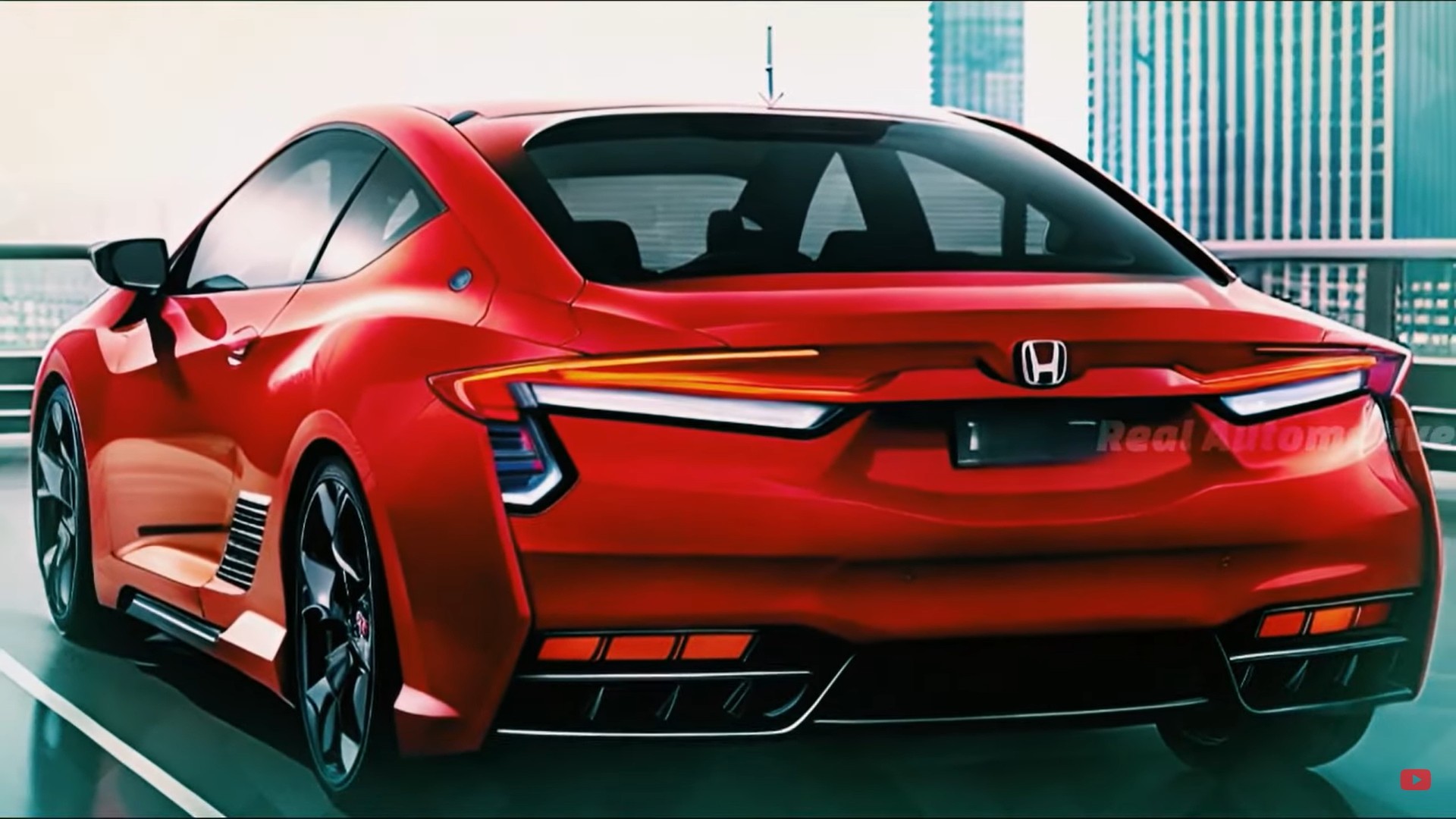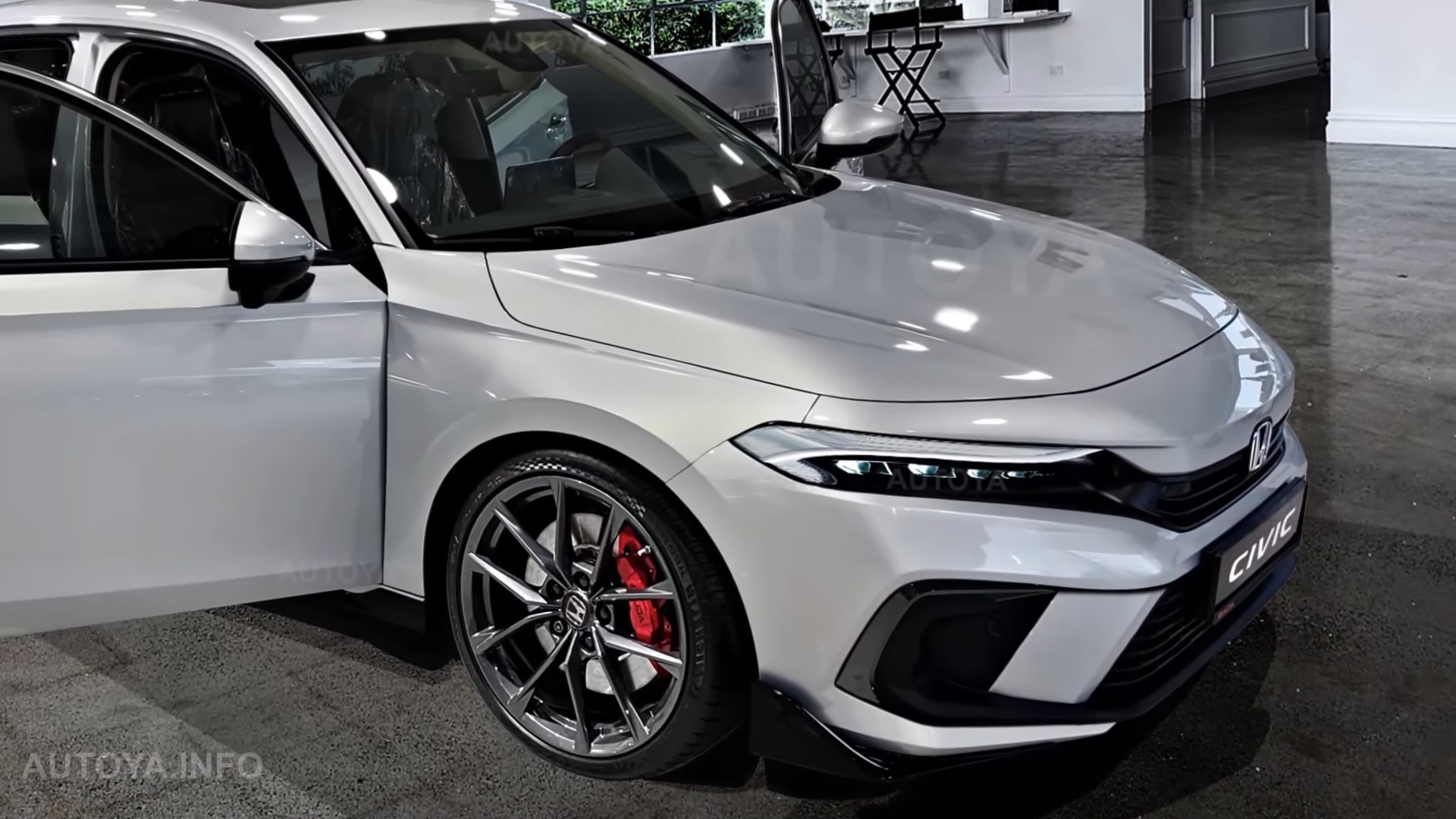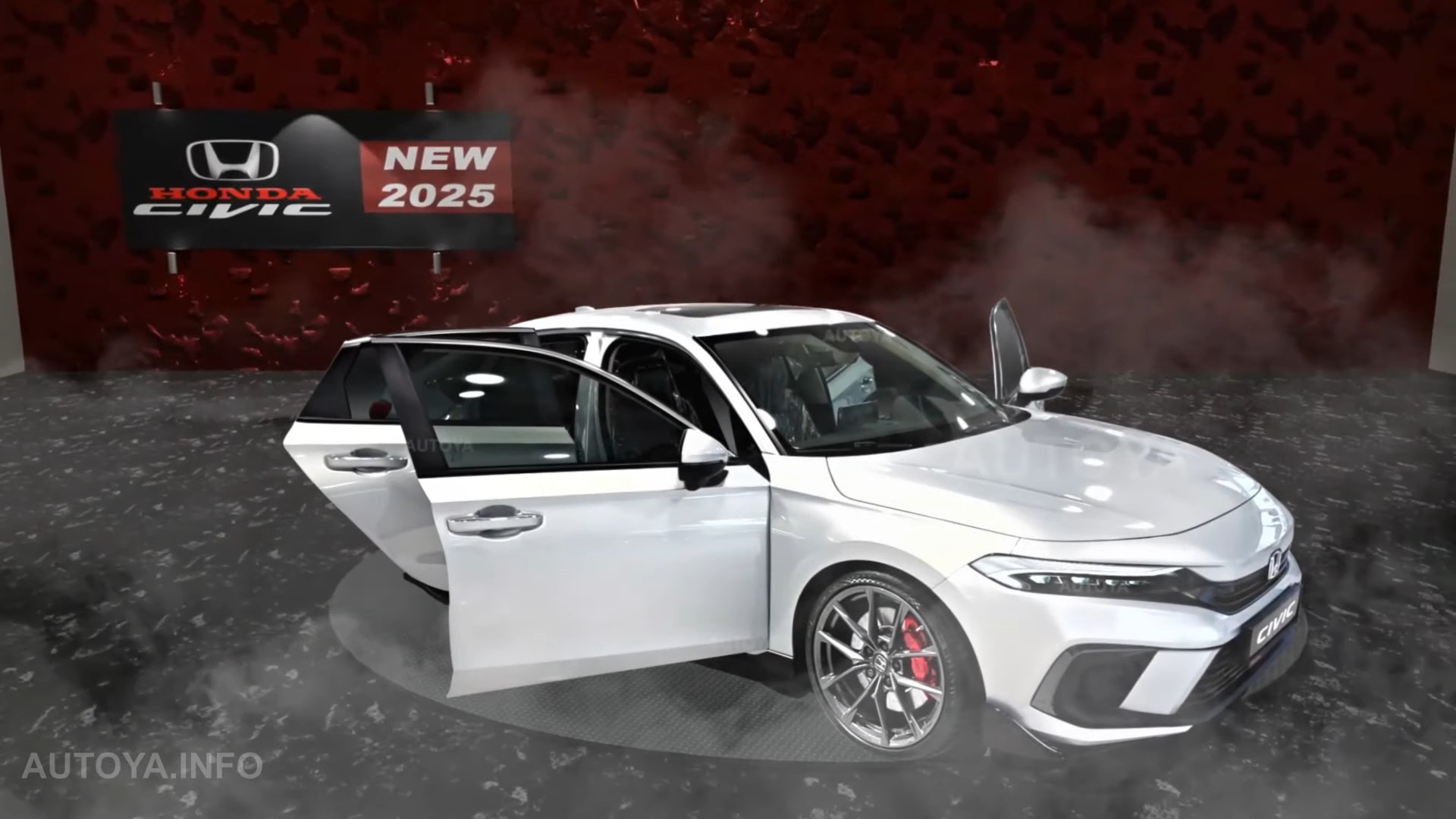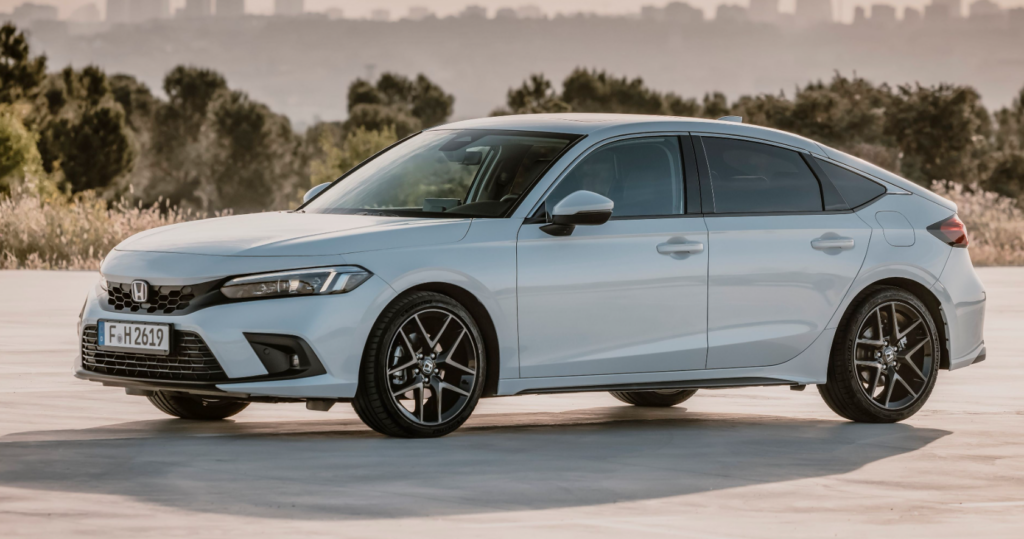The 2025 Honda Civic: A Fuel-Sipping Champion In A World Of Change
By admin / July 24, 2024 / No Comments / 2025

The 2025 Honda Civic: A Fuel-Sipping Champion in a World of Change
The Honda Civic has long been a mainstay in the compact car segment, renowned for its blend of affordability, practicality, and driving enjoyment. As we approach 2025, the automotive landscape is undergoing a seismic shift, with electrification and fuel efficiency taking center stage. How does the 2025 Honda Civic fare in this evolving world? Will it continue its reign as a fuel-sipping champion?
The 2025 Honda Civic: A Glimpse into the Future
While official details about the 2025 Honda Civic are still under wraps, we can glean insights from the current model and industry trends to anticipate its fuel efficiency prowess. The current generation, launched in 2021, already boasts impressive fuel economy figures, with the base LX trim achieving an EPA-estimated 31 mpg city, 42 mpg highway, and 35 mpg combined.
However, the 2025 Civic is expected to build upon this foundation, incorporating advancements in engine technology, aerodynamics, and weight reduction to further optimize fuel efficiency.
Engine Options: A Symphony of Power and Efficiency
The 2025 Honda Civic is likely to offer a diverse range of engine options, catering to different driving needs and fuel economy preferences. Here’s a glimpse into what we might expect:
- Naturally Aspirated Powerhouses: The current 2.0-liter four-cylinder engine, producing 158 horsepower and 138 lb-ft of torque, is likely to carry over, possibly with minor refinements for improved efficiency. This engine, paired with a continuously variable transmission (CVT), provides a smooth and economical driving experience.
- Turbocharged Performance: The 1.5-liter turbocharged four-cylinder engine, generating 180 horsepower and 177 lb-ft of torque, is another strong contender. This engine, known for its spirited performance, could be further optimized for fuel efficiency through advancements in turbocharger technology and engine management systems.
- Hybrid Synergy: The 2025 Civic could embrace the hybrid revolution with a dedicated hybrid powertrain. Combining a gasoline engine with an electric motor, this setup promises to deliver exceptional fuel economy without sacrificing performance. The hybrid system could potentially leverage Honda’s proven i-MMD technology, which seamlessly transitions between electric and gasoline power for optimal efficiency.
- Plug-In Hybrid Possibilities: While not confirmed, the 2025 Civic could even offer a plug-in hybrid variant, allowing for extended electric-only range and reduced emissions. This option would cater to drivers seeking the ultimate in fuel efficiency and environmental consciousness.
Aerodynamics: A Force for Efficiency
Aerodynamics plays a crucial role in minimizing drag and enhancing fuel economy. The 2025 Civic is likely to adopt advanced aerodynamic design elements, including:
- Streamlined Bodywork: The Civic’s sleek profile, characterized by smooth curves and a low drag coefficient, will be further refined to reduce air resistance.
- Active Grille Shutters: These intelligent shutters open and close to regulate airflow through the engine compartment, optimizing cooling while minimizing drag.
- Underbody Panels: Smooth underbody panels help to streamline airflow, reducing turbulence and improving efficiency.
- Optimized Wheels and Tires: The 2025 Civic could feature lightweight wheels and low-rolling-resistance tires, designed to minimize friction and enhance fuel economy.
Weight Reduction: A Lighter Footprint
Reducing weight is a fundamental principle of fuel efficiency. The 2025 Civic is likely to implement various weight-saving measures, including:
- High-Strength Steel: Utilizing advanced high-strength steel in the chassis construction can reduce overall weight without compromising structural integrity.
- Lightweight Materials: Incorporating lightweight materials, such as aluminum and composites, in specific components can further contribute to weight reduction.
- Optimized Interior Design: Streamlining interior features and materials can contribute to overall weight savings.
Technology: Fuel-Efficient Driving Companions
The 2025 Honda Civic is likely to feature a suite of advanced technologies designed to enhance fuel efficiency and provide drivers with valuable insights:
- Eco Assist: This system provides real-time feedback on driving efficiency, encouraging eco-friendly driving habits.
- Adaptive Cruise Control: This technology maintains a safe distance from the vehicle ahead, reducing the need for sudden acceleration and braking, which can improve fuel economy.
- Lane Keeping Assist: This system helps to keep the vehicle centered in its lane, reducing the risk of unnecessary lane changes and improving fuel efficiency.
- Start-Stop System: This system automatically shuts off the engine when the vehicle is stopped, reducing fuel consumption during idle periods.
Fuel Economy Projections: A Glimpse into the Future
Based on current trends and the anticipated advancements in the 2025 Honda Civic, we can speculate on its potential fuel economy figures:
- Naturally Aspirated Models: The base Civic with the 2.0-liter engine could achieve an EPA-estimated 33 mpg city, 45 mpg highway, and 38 mpg combined, representing a slight improvement over the current model.
- Turbocharged Models: The 1.5-liter turbocharged engine could deliver an EPA-estimated 30 mpg city, 40 mpg highway, and 34 mpg combined, balancing performance with efficiency.
- Hybrid Models: A dedicated hybrid powertrain could propel the 2025 Civic to an impressive EPA-estimated 45 mpg city, 55 mpg highway, and 50 mpg combined, setting a new benchmark for fuel efficiency in the compact car segment.
- Plug-In Hybrid Models: If offered, a plug-in hybrid Civic could achieve an EPA-estimated electric-only range of 30-40 miles, significantly reducing fuel consumption and emissions.
Beyond Fuel Economy: A Holistic Approach to Efficiency
The 2025 Honda Civic is likely to focus on more than just fuel economy. The brand’s commitment to sustainability will likely extend to other areas, including:
- Reduced Emissions: The 2025 Civic will likely meet or exceed stringent emissions regulations, minimizing its environmental impact.
- Recycled Materials: Honda is committed to using recycled materials in its vehicles, reducing waste and promoting a circular economy.
- Sustainable Manufacturing: Honda’s manufacturing processes will likely continue to prioritize sustainability, minimizing energy consumption and waste generation.
Conclusion: The 2025 Honda Civic – A Fuel-Efficient Future
The 2025 Honda Civic is poised to be a fuel-sipping champion, building upon its legacy of efficiency and incorporating cutting-edge technologies to further optimize its performance. With a diverse range of engine options, advanced aerodynamics, weight reduction measures, and intelligent technologies, the 2025 Civic is set to redefine fuel efficiency in the compact car segment. As the automotive landscape evolves, the 2025 Civic will stand as a testament to Honda’s commitment to sustainability and its unwavering dedication to providing drivers with a compelling blend of affordability, practicality, and driving enjoyment, all while minimizing their environmental footprint.

